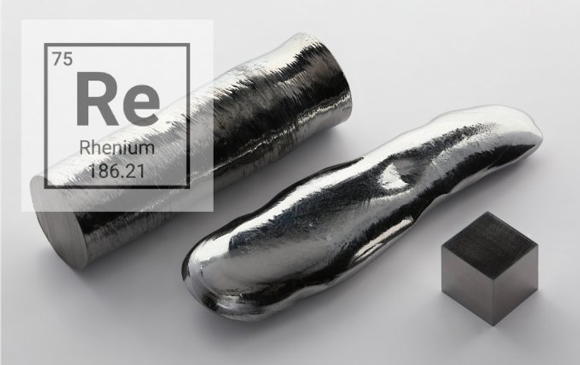Elementum funded by DARPA to develop AM process for rhenium
May 9, 2022

Elementum 3D, Erie, Colorado, USA, has been awarded a Direct to Phase II SBIR contract from the US Defense Advanced Research Projects Agency (DARPA) in order to develop a robust, economical Additive Manufacturing process for complexly shaped components made from rhenium (Re).
As a refractory metal, rhenium can withstand high heat and has the second highest melting point of all metal elements (behind tungsten). For this reason, rhenium is sought after as a component material capable of increasing the performance and extending the life of rocket and missile propulsion systems.
While rhenium has significant usage as an alloying constituent in nickel-based superalloys, its use as a base alloy is necessarily limited due to the difficulty of using it in traditional processing methods. Forming rhenium into the complex shapes necessary for these applications is costly because of its high melting temperature, and it is an extremely difficult material to machine as it undergoes extensive work hardening.
Additionally, some geometries are simply inaccessible with available machining and forming methods. A major initiative of the awarded SBIR is to research and develop an Additive Manufacturing fabrication route to additively manufacture components with geometrical features that cannot otherwise be produced by traditional manufacturing processes like Powder Metallurgy (PM) and Electrical Discharge Machining (EDM).
Elementum 3D’s track record in developing repeatable Additive Manufacturing processes for other refractory metals including tantalum, tungsten, tungsten heavy alloy, and tungsten-rhenium alloy. This experience is expected to allow the company to work efficiently and rapidly in establishing a rhenium feedstock supply chain and AM process suitable for critical applications. Should the base effort with rhenium prove successful, an ‘option period’ contract may be exercised at DARPA’s discretion to perform component-level fabrication and testing that will help encourage commercial adoption of rhenium for Additive Manufacturing.
















